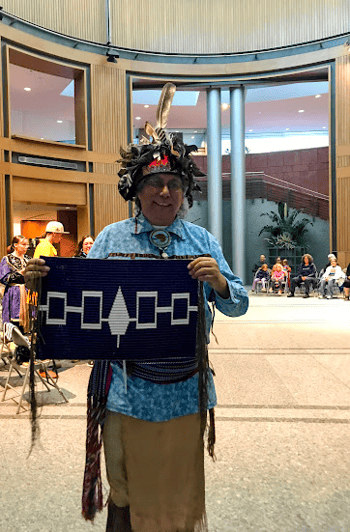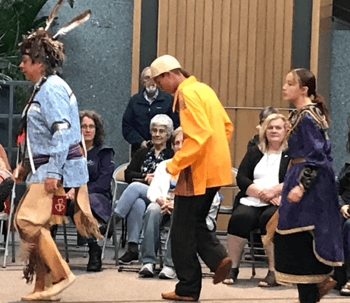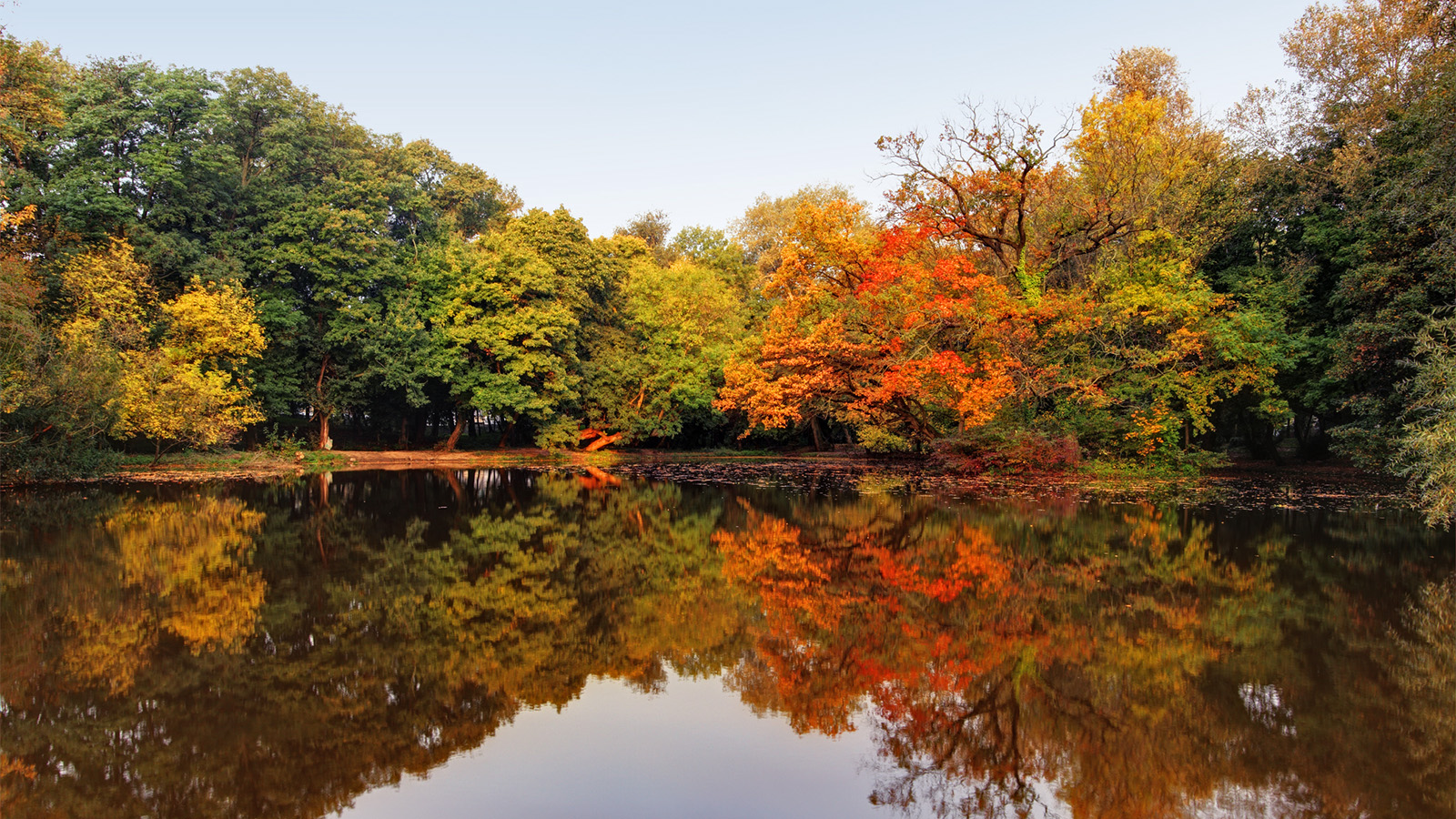
Choral music is an important cultural activity in Waterloo Region, with its Mennonite and German roots, and the singing traditions of many other cultures who settled here. The Grand Philharmonic Choir traces its roots back to the 19th century, when Kitchener was still named Berlin. A defining feature of local life at that time was the singing festival known as Sängerfest, which attracted thousands of people in its day. The choir has operated continuously since 1922 and now includes four choirs: the large symphonic adult chorus, a smaller chamber choir, a youth choir for singers aged 14 to 23 years, and a children’s choir for those aged 7 to 14 years. In recent years, the choir has looked to reach beyond the traditional western choral works of Handel and Bach, to address a wider range of subjects and a more diverse audience.
In May 2023, the Grand Philharmonic Choir performed a brand-new work, Water: An Environmental Oratorio. The piece explores the difficult decision a small Northern Ontario community must make – accept a factory that offers jobs, or keep its water supply pure. It was composed by Stephanie Martin who is a Listowel-raised composer and professor at York University, with lyrics written by Paul Ciufo and guidance provided by Indigenous adviser, Vicki Monague. Notably, the work is based on the advocacy work of Monague, who protested against a landfill that was planned to be built on top of an aquifer. According to Luisa D’Amato, Executive Director of the Grand Philharmonic Choir, “if we were going to refer to any kind of music by Indigenous people, we needed to invite Indigenous educators to come talk about it.”

The Choir offered a related educational event, entitled Haudenosaunee Voices, which was supported by the Kindred Charitable Fund. Originally the workshop was intended to take place before the performance, so that performers, audience members, and the public had a deeper understanding of the piece and Haudenosaunee culture. However, the efforts to find a local educator meant that the workshop had to take place post-performance. “The importance of having someone local, who understands local Indigenous history and culture cannot be overstated,” commented Luisa. Eventually, the organizers connected with Kelly Fran Davis, who runs an education company in Fort Erie and grew up in the nearby community of Six Nations.
Audience members, elected officials, performers, and members of the public participated at Kitchener City Hall. There were several workshop leaders who shared and explained the significance of Wampum Belts, which were made of shell beads and marked significant agreements between peoples. They discussed the women-led nature of the culture, and how it was the women’s responsibility to care for the earth. They performed several dances and then invited the audience to participate. Most importantly, they provided a warm and welcoming place for members of the community to learn more about Haudenosaunee culture, and how it differs from other local Indigenous cultures.
The choir celebrated its 100th anniversary of continuous singing in 2022, and according to Luisa, they “look back, but we also look ahead.” Part of the choir’s strategic plan is to diversify their audience and the types of music they perform, so that the choir better reflects what Waterloo Region has become. Luisa states, “We know that Indigenous music has been hidden for a long time now, and we want to be part of bringing it into the forefront.”

